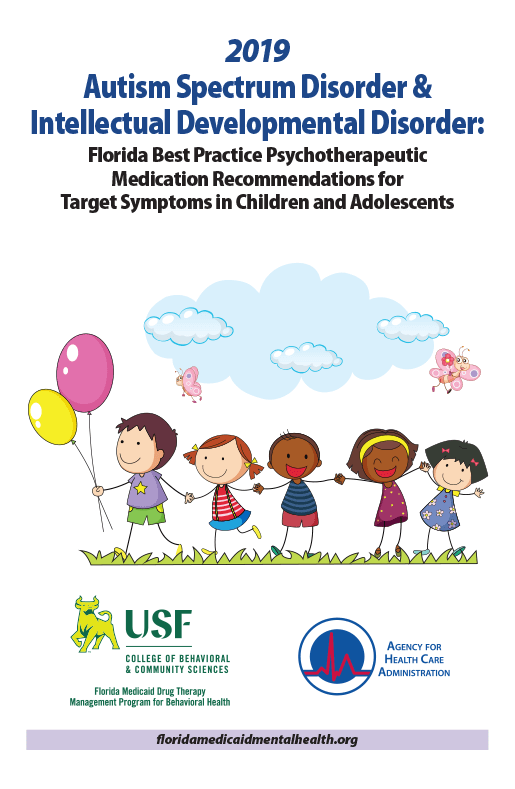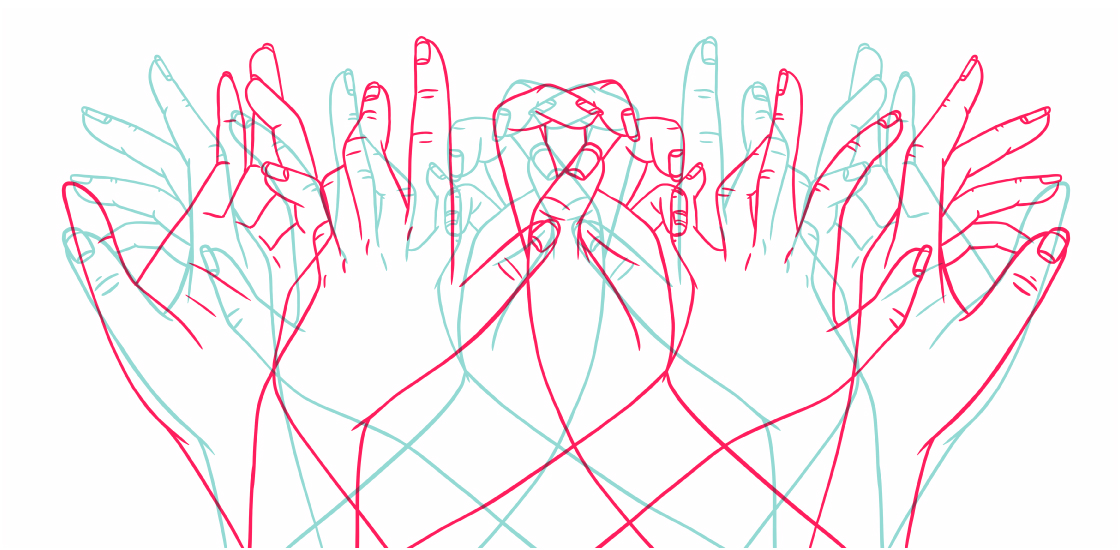From meltdowns to breakthroughs using Autism Behavioral Therapy tools
From meltdowns to breakthroughs using Autism Behavioral Therapy tools
Blog Article
Understanding the Influence of Behavioral Autism on Day-to-day Live and Social Interactions
You could not recognize exactly how deeply behavioral autism affects everyday life and social interactions. People on the spectrum typically navigate a globe filled with interaction hurdles and sensory overload. These challenges can lead to frustration and seclusion, affecting their partnerships and overall health.
Defining Behavior Autism and Its Characteristics
Behavior autism, frequently referred to as autism spectrum problem (ASD), includes a variety of problems characterized by difficulties in social interaction, interaction, and repetitive habits. You could notice that people with ASD frequently have a hard time to analyze social cues, which can cause misconceptions in discussions. They may discover it difficult to develop eye contact or take part in tiny talk, making social circumstances really feel overwhelming.
Communication problems can materialize in numerous means, from delayed speech development to a preference for making use of less words. By acknowledging these attributes, you can foster an atmosphere that promotes approval and motivates efficient interaction, aiding people with autism thrive in their day-to-day communications.
The Range of Autism: Understanding Irregularity in Actions
Autism spectrum condition (ASD) isn't a one-size-fits-all diagnosis; it differs extensively amongst people. You might notice that some individuals with ASD show light signs and symptoms, while others may encounter a lot more considerable obstacles. This irregularity can manifest in behaviors, rate of interests, and sensory level of sensitivities. You might experience people that are highly verbal and engage easily in discussions, while others may choose solitary tasks or communicate non-verbally.
Additionally, the means people with ASD react to sensory input can differ greatly; some may be overwhelmed by brilliant lights or loud sounds, whereas others thrive in stimulating environments. The spectrum likewise consists of differences in social communications; some individuals might battle to interpret social cues, while others navigate social settings with loved one simplicity. Understanding this variability is necessary, as it helps you appreciate each person's distinct experience and dressmaker assistance to their particular needs, promoting a much more comprehensive setting for everyone.
Interaction Difficulties Encountered by Individuals With Autism
When you engage with people on the autism spectrum, you may observe their unique communication challenges. They usually face difficulties with both verbal and nonverbal hints, which can influence their social interactions. Understanding these obstacles is vital for cultivating better links and assistance.

Verbal Interaction Troubles
Lots of individuals on the autism spectrum experience verbal interaction problems that can significantly affect their day-to-day interactions. Your rate, tone, or quantity may not align with social assumptions, triggering others to misinterpret your purposes. Acknowledging these obstacles can assist you and your assistance network create approaches to enhance interaction and promote far better links with others in your day-to-day life.
Nonverbal Communication Obstacles
Verbal communication isn't the only challenge individuals on the autism spectrum face; nonverbal communication barriers can be just as significant. These challenges can lead to misconceptions or false impressions of social signs, making interactions really feel complex or frustrating. By resolving nonverbal interaction, you can discover methods to improve your social experiences and enhance your overall quality of life.
Social Interaction Impacts
Social communications can often really feel overwhelming due to the special interaction obstacles dealt with by individuals with autism. Acknowledging these difficulties can assist you locate techniques to improve interaction, such as practicing social abilities in risk-free settings or using aesthetic aids. Comprehending your needs enables you to browse social interactions with better confidence and simplicity.
Social Communication and Relationship Building in Autism
While building partnerships can be testing for people with autism, comprehending their one-of-a-kind perspectives and communication designs can cultivate meaningful connections. You may notice that numerous individuals on the spectrum choose direct communication and may have problem with social hints or small talk. By being simple in your interactions, you can assist develop a setting where they really feel comfortable.
Put in the time to observe and listen exactly how they share themselves. This insight can direct you in guiding conversations a lot more efficiently. Taking part in shared rate of interests can click here to find out more additionally work as a bridge to deeper links. Whether it's a pastime, a favored program, or a mutual interest, these usual strings can open up doors to relationship.
Day-to-day Live Regimen: Navigating Difficulties and Methods
Maneuvering day-to-day life routines can be especially challenging for people with autism, particularly when unforeseen modifications occur. You might locate comfort in having a structured schedule, as it assists you expect what's following. It's regular to really feel distressed or overwhelmed when disruptions occur. To browse these obstacles, take into consideration implementing visual timetables or checklists. These tools can give clearness and peace of mind.
Establishing a routine that consists of sensory breaks can also be beneficial. This assists develop an understanding environment.
Last but not least, technique mindfulness strategies to take care of stress and anxiousness. Straightforward breathing workouts or basing techniques can make a substantial difference. By incorporating these methods, you can improve your day-to-day regimen and minimize interruptions, making life feel extra convenient.
Toughness and Abilities of Individuals on the Autism Spectrum
Recognizing day-to-day life regimens is just one element of the autism experience. Numerous individuals on the autism spectrum have remarkable strengths and abilities that set them apart.
Moreover, your memory abilities frequently shine, especially in areas of rate of interest. Autism Behavioral Therapy. This propensity for retaining information can make you a valuable source in fields like art, scientific research, or innovation. You may additionally display strong aesthetic thinking, enabling you to visualize complicated principles and address issues creatively
In addition, your special perspective on the globe can promote compassion and understanding in others, enhancing social communications. Accepting these staminas not only improves your confidence however also helps others value the diverse skills you offer the table.
Producing Comprehensive Atmospheres for People With Autism
Creating comprehensive settings for people with autism starts with developing sensory-friendly spaces that accommodate their special demands. You can likewise cultivate chances for social interaction, assisting to construct relationships and connections. By making these modifications, you'll add to an extra welcoming environment for everyone.
Designing Sensory-Friendly Spaces
While designing check these guys out sensory-friendly areas, it's important to show on the special requirements of individuals with autism. Incorporate silent zones where people can reenergize and pull away when bewildered. Consist of visual routines or clear signs to aid people navigate the space with confidence.
Promoting Social Interaction Opportunities
Designing sensory-friendly rooms not only addresses private comfort however also sets the stage for meaningful social communications amongst people with autism. To advertise these communications, develop comprehensive settings that invite involvement. Organize organized tasks, like art classes or group games, that urge collaboration without overwhelming sensory input. Usage visual help and clear communication to aid every person engage easily. Urge peer mentoring, matching people with autism with encouraging peers who can lead them with social scenarios. Furthermore, take into consideration holding routine neighborhood events that celebrate neurodiversity, fostering acceptance and understanding among all participants. By applying these strategies, you can improve social possibilities, assisting individuals with autism develop friendships and reinforce their social skills in a risk-free, inviting environment.

Frequently Asked Inquiries
How Can Pals Assistance Someone With Behavioral Autism?
You can support a buddy with behavioral autism by being client, paying attention actively, and appreciating their limits. Participate in tasks they enjoy, interact freely, and develop a comfy setting where they really feel valued and comprehended.
What Resources Are Offered for Parents of Kid With Autism?
You can check out Get More Information different resources for parents of children with autism, including support groups, instructional websites, and neighborhood neighborhood services. Attaching with other moms and dads can likewise supply important insights and shared experiences to assist navigate challenges.
Can Behavioral Autism Modification Gradually?

Yes, behavior autism can change with time. You might observe shifts in communication, social abilities, and habits as your child grows. Early intervention and support typically play essential roles in these developmental changes.
Exactly How Do Sensory Level Of Sensitivities Impact Every Day Life?
Sensory sensitivities can make daily experiences frustrating. You may battle with loud noises or brilliant lights, bring about tension or avoidance. Discovering settings that accommodate your demands can considerably enhance your convenience and overall day-to-day live.
What Prevail Misconceptions Regarding Behavioral Autism?
You could think behavioral autism only impacts communication abilities, but it's more complicated. Lots of think individuals do not have empathy or knowledge, which isn't true. Understanding these mistaken beliefs aids foster approval and assistance for those on the spectrum.
Behavioral autism, usually referred to as autism spectrum condition (ASD), encompasses a range of conditions characterized by challenges in social communication, interaction, and repetitive behaviors.Social communications can typically feel overwhelming due to the distinct interaction obstacles dealt with by individuals with autism.Creating sensory-friendly rooms not only addresses specific convenience yet also sets the stage for meaningful social interactions among individuals with autism. Urge peer mentoring, pairing individuals with autism with helpful peers that can guide them with social circumstances. By carrying out these methods, you can boost social chances, assisting people with autism develop relationships and reinforce their social skills in a risk-free, welcoming setting.
Report this page